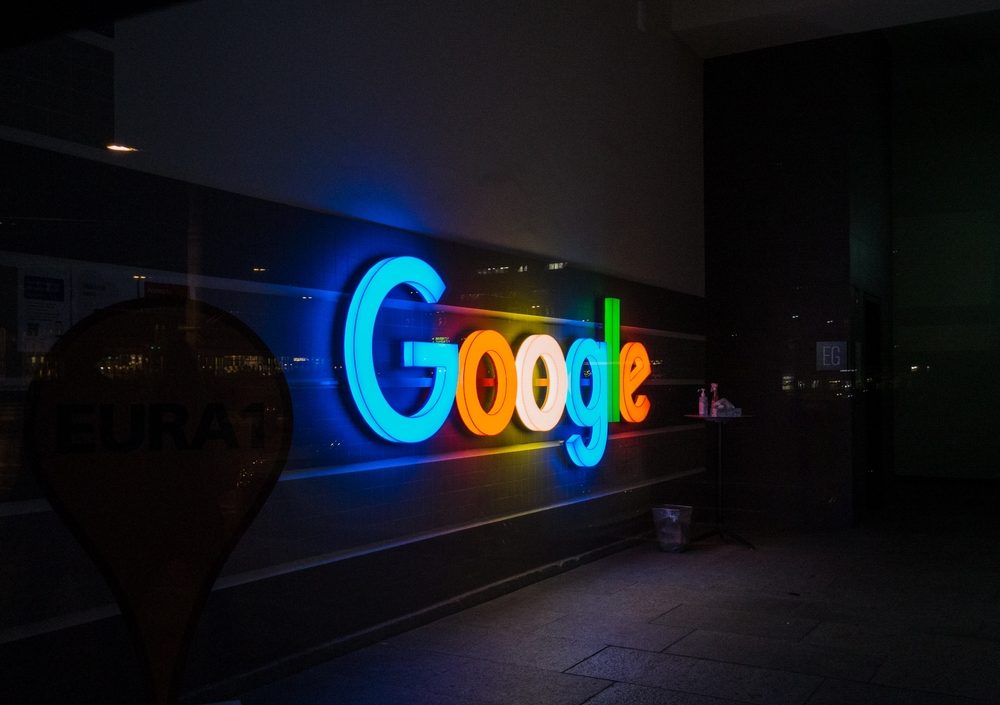£7 Billion Legal Action Against Google Approved for Trial Over Market Dominance.
A £7 billion legal action against Google, accusing the tech giant of exploiting its dominance in the search engine market, has been approved to proceed to trial by the Competition Appeal Tribunal (CAT). The claim, led by consumer rights advocate Nikki Stopford, alleges that Google has inflated advertising costs, ultimately passing those expenses onto consumers.
The lawsuit also accuses Google of leveraging its dominant position to pressure mobile manufacturers using Android to pre-install its Search and Chrome apps, while also compensating Apple to ensure Google remains the default search engine on iPhones.
The tribunal dismissed Google’s bid to have the case dismissed, allowing it to proceed to trial. Stopford, acting as the class representative, will represent all UK-based consumers aged 16 and over who have purchased goods or services in the UK from businesses using Google’s search advertising services.
Stopford described the tribunal’s decision as a “significant victory” for UK consumers, noting that Google’s dominance in the search engine market has caused inflated costs for consumers. She emphasized that while Google presents itself as offering free services, its market control has led to higher prices for goods and services.
This lawsuit forms part of broader efforts to ensure competition in digital markets, with Stopford seeking both accountability for Google and compensation for consumers harmed by the company’s conduct. Google, however, has rejected the claim, calling it speculative and opportunistic, with a company representative insisting that people use Google because it’s helpful, not because there are no alternatives.
The case comes at a time when Google is already facing significant scrutiny, including a proposal by the US Department of Justice to force the company to divest its Chrome browser. This follows a ruling earlier this year that Google was operating a monopoly in the search market.
Google has faced several high-profile lawsuits in the past, with accusations of monopolistic practices and anti-competitive behavior. These lawsuits often center around the company's dominance in the search engine and digital advertising markets. One key issue is the way Google allegedly uses its market power to inflate advertising costs, passing the burden onto consumers and businesses. Past legal actions have highlighted concerns about unfair practices, such as exclusive agreements with companies like Apple to make Google the default search engine.
One of the biggest lawsuits Google faced was the antitrust case filed by the U.S. Department of Justice in 2020. The lawsuit accused Google of engaging in monopolistic practices to maintain its dominance in the digital advertising and search engine markets. It claimed that Google had unfairly used its market power to stifle competition by making deals with companies like Apple to keep Google Search as the default engine on their devices, and by manipulating search results to benefit its own products and services.
The case, which could result in major consequences for the company, was seen as a landmark moment in regulating the power of tech giants. It represented a broader effort by U.S. regulators to curb the monopolistic behavior of big tech companies, and it has the potential to reshape the digital advertising landscape. This case is ongoing, and its outcome could have a significant impact on Google's business model and its competitive position in the tech industry.
US Seeks to Break Up Google to Curb Search Monopoly





















